
Has programming lost its way?
The average end user has no idea what goes into developing software. All they see is whether the software works or not, whether it looks good or whether it is easy to use. But for developers it is a totally different story. They are overwhelmed with new technologies every day and programming, rather than getting easier, at times becomes more and more challenging.
Programmers often are at the mercy of those who create the development tools they use. Drag and drop, IntelliSense, XAML, code editors replaced by Studio environments, debuggers, OOP and more OOP. Now we have Metro, WinRT and a totally new world of Windows development. Has programming really become easier and easier, with all the choices we have today? Or has programming lost its way?

Does Windows 8 programming lack creativity?
Windows 8 brings a totally new user interface model with its Metro environment, which is receiving mixed response from developers and end-user customers. The tile-like UI certainly is different from the classic desktop.
Does Metro mean that software will be even more creative than in previous Windows generations? Is there an inherent flaw in software design that prevents us from getting better software and will it still exist with Windows 8?
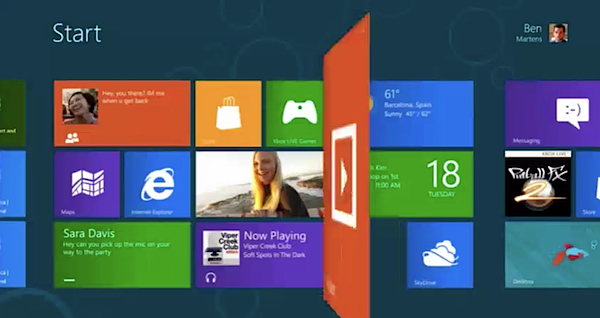
Windows 8 Metro found wanting
To continue from my "first impressions" review about Windows 8 Consumer Preview, I spent some time using it on a desktop computer this time. I now have both a tablet PC and a desktop with the OS installed. While I do want to see Windows 8 succeed, my impressions are not as positive on the desktop as the tablet, and I feel that some rethinking needs to go into Windows 8 and Metro before they're ready for release, especially for long-time Windows users.
The whole reason for the Preview (beta) of Windows 8 is to get feedback from users so Microsoft can make sure they do it right. I will try not to be overly critical, but I do want to be honest. I would rather see Microsoft hold back Windows 8 until they get it right, than to see it released too soon and not get the market acceptance they desire. So here goes.
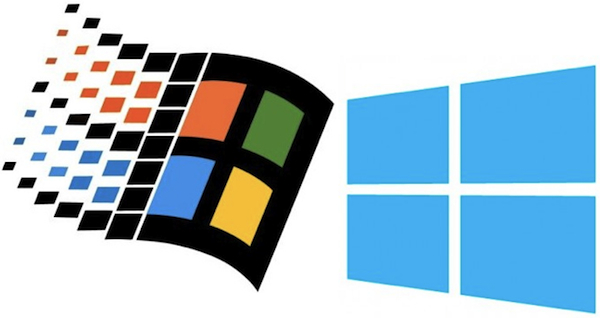
Windows 8 can become Windows again!
In my last article, "Microsoft, Metro takes our choice away!", I discussed the need for Windows 8 to better use the long heritage of the operating system, rather than try to be something so totally new.
As a Windows software developer I want to see Windows 8 do well on the market, but I realize that end users will dictate that outcome. There is a reason Windows, despite its ups and downs, has become the most popular computer operating system on the planet. It has provided a huge number of people so many choices that it allows them to accomplish many important things. This follow-up article is just one programmer's ideas about how to leverage this power and heritage to make Windows 8 even better.
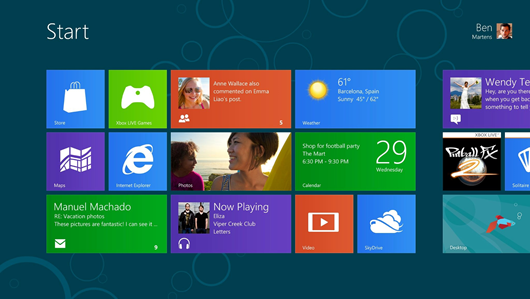
Microsoft, Metro takes our choice away!
I don't dislike Metro, as indicated in my Windows 8 Consumer Preview review. That doesn't mean everyone will, or even should embrace the new user interface. Early reception to Metro is mixed. I think Windows 8 has great potential and may be a market success, but Microsoft should listen to those people complaining about the "reimagined" UI.
Microsoft should pull back from its Metro frenzy and take a more commonsense look at how real users do things. There needs to be better intergration between Metro and the desktop motif. Rather than view the desktop simply as a legacy environment and put all their "eggs" in the Metro "basket", Microsoft should give more priority to the "old way" and to better integrating the two UI motifs so they flow as one. Windows 8 is one operating system, not two.
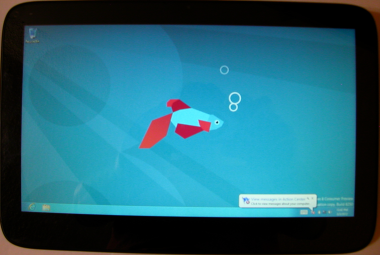
Windows 8 Consumer Preview first-impressions review
Lots of people are talking about Windows 8's new Metro UI, following last week's release of the Consumer Preview. Metro has a great deal of potential, but compared to the desktop motif it still needs some tweaking before many Windows users will appreciate it.
Like many other enthusiasts or developers, I downloaded Windows 8 Consumer Preview last week. I have the luxury of running the operating system on a tablet, opening up the full range of capabilities.
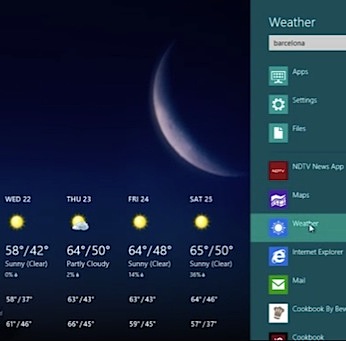
Businesses, choose your Metro development options wisely
Okay, everything is going Metro with Windows 8, right? The new, tile-like user interface is the hottest thing to ever come to Windows, right? Not so fast. Businesses need to be cautious when choosing which new applications should be designed for Metro and what apps should be designed for the desktop. Why?
In IT, change often isn't a good thing, and Metro brings lots of it.
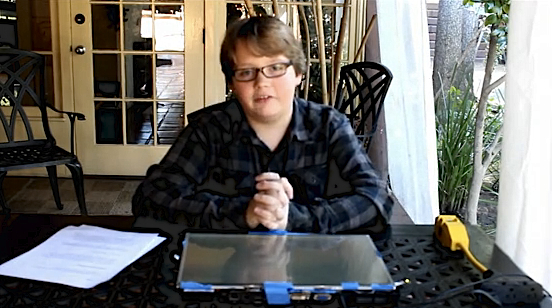
All you need is a good idea and a little Kickstarter
As a software developer I can appreciate how important it is to have good ideas. The challenge is making them reality. Also it is not enough just to be taught a skill, one needs to be able to put it to work doing something valuable to others. Some of the best ideas come from people who aren't just trying to make a buck, but who love what they are doing and see the real value in it.
Sadly many a good idea never makes it beyond the drawing board. But some people don't give up so easily and with a little Kickstarter amazing things can happen. Recently, I discovered two unique examples of very good ideas turned into reality by taking advantage of this unique website.
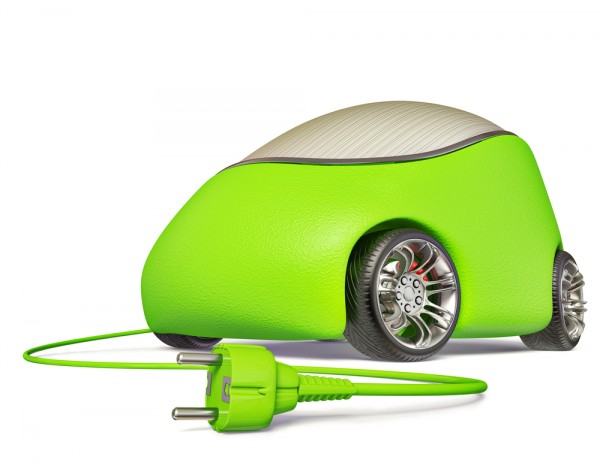
Windows 8 -- from a gas engine to hybrid!
What does Windows 8 really look like under the hood? Is Metro a totally new direction for the Windows API? What does this really mean for software development?
As a programmer I like to know how things work under the hood. I am also a decent backyard mechanic, and I look at automobiles the same way. People who work on cars may have spent years learning how a gas engine works, but what happens when they finally have to work on a hybrid? The difference between a gas engine and a hybrid engine are like night and day. I believe we are seeing something similiar with Windows too!

The netbook lives!
Sales may be down, but don't write off the netbook yet. It's still a viable form factor for Windows PCs. Netbooks have a few key advantages going for them, and computer manufacturers should just stop and take a moment to consider them.
The three mobile PC form factors are netbook, notebook and tablet. I own all three now, and I like each one for different reasons. As a software developer, I saw the need to move away from the desktop and to finally get mobile. Since mobile PCs are the future, I felt this was the year for me to get some portable Windows computers so I could better test my software on these form factors. It's not rocket science: There's a big difference between laptop and desktop user experiences (there will be even more so with Windows 8). I needed to see how my software feels on these devices.
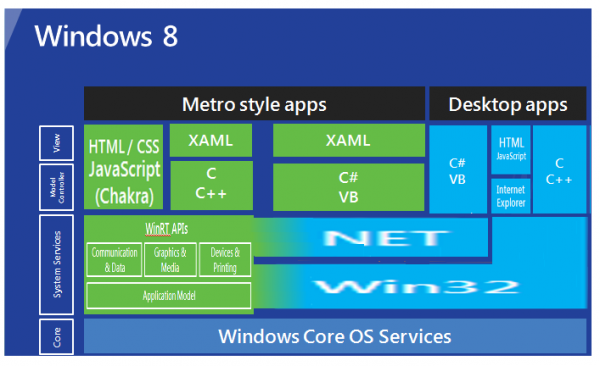
I've redone the Windows 8 architecture slide (so you won't have to)
Mary-Jo Foley's article about a slide shown at last year's Microsoft BUILD conference raises uncertainties that bug me as a developer. It's the graphic that attempts to lay out the architecture of Windows 8, particularly in relation to Metro versus the Desktop. As a long-time Windows API programmer, I regard this graphic as the most important yet about Windows 8. Something doesn't seem right!
Somehow all the different interpretations of this chart don't make sense to me. Something's not right, especially the position the Win32 API is given. So I decided to do some digging to see if I could uncover what is really going on under the hood.

Compact software development is IN, bloat is OUT!
For years I have discussed with others about how software development should get back to basics, using native code (rather than scripting languages) by using compilers optimized for creating fast and compact applications.
A recent TIOBE index reemphasizes this point.

What is this mysterious site doing scanning mine?
For you Sherlock Holmes types out there, how would you like a case to crack?
As a software developer I have my own website, and l regularly track my web traffic. I check my web site stats daily. I do analysis of that data to glean everything I possibly can about those who visit my site. So to my surprise, one day recently while checking my web stats I was shocked to see the day's traffic shoot through the roof!
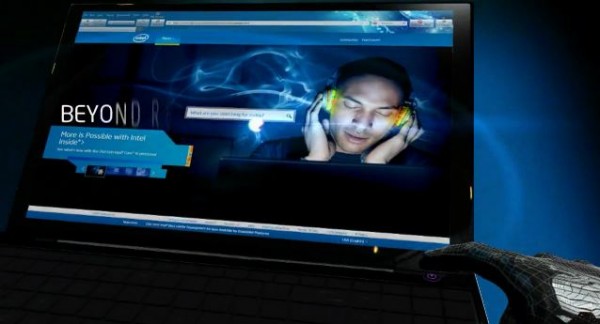
Are ultrabooks really the best value?
It's time for the Consumer Electronics Show, where ultrabooks already are making a big splash. A question arises that deserves consideration. Is this the end for netbooks? Will ultrabooks make them obsolete?
I can't answer this and we will have to wait and see, but consider this: Every time a new generation of electronics comes out the new features are exciting, but as usual selling prices tend to be higher. Prices range between $849 and $999. Sure, there are those who have no problem dropping as much as a $1,000 for the latest gadget. But for the average person, selling price matters. Many people choose between features and price and often price will win out in the balance between cost versus features. I am a programmer, yet I have always lived on a tight budget and tend to buy what is more in line with what I can afford rather than the bleeding edge devices. Simply put: I look for what's good enough within my budget.
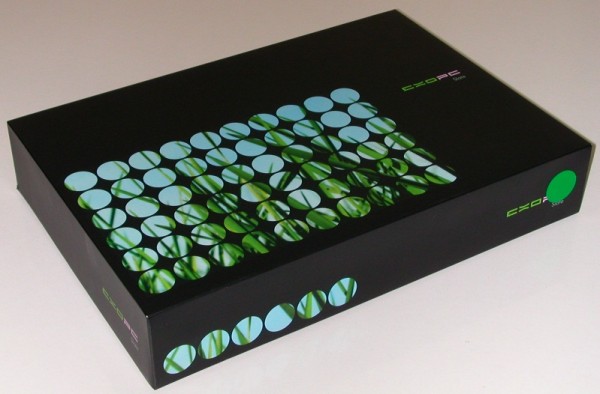
First-impressions review: ExoPC 'Microsoft Signature Series' tablet
From all the buzz about iPad, or Android tablets, you'd never know that Windows slates are available and that they offer many unique benefits. I recently bought the ExoPC from Microsoft Store. It is a Microsoft Signature Series PC selling for $399 and running Windows 7 Home Edition.
The company says this about Signature Series PC: "Microsoft engineers carefully tune your PC to help it achieve maximum performance, and include software that really makes it fly. Add world-class antivirus security software with no renewal fees along with 90 days of technical support directly from Microsoft. That gives you a PC that's the best it can be, made that way with Microsoft Signature". The computer, or in this case tablet, isn't loaded up with performance-sapping, third-party software.

